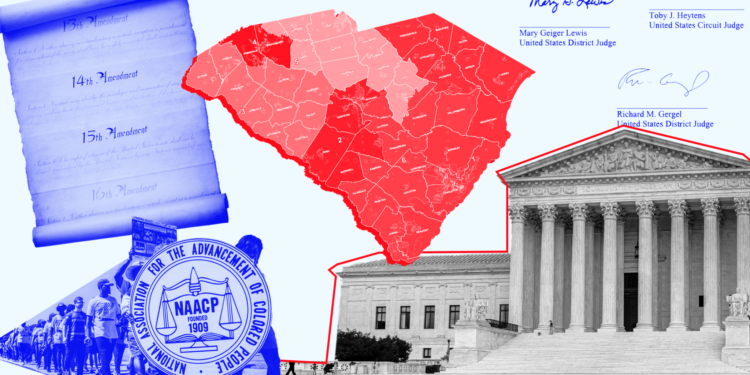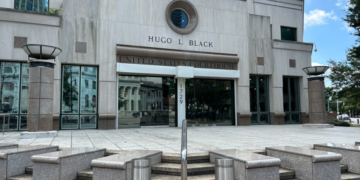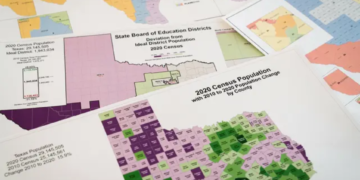Img source: www.democracydocket.com
July 29, 2024 Story by: Editor
A prolonged federal lawsuit concerning South Carolina’s congressional map, initiated by the South Carolina State Conference of the NAACP and a Black voter, has come to a close. Last Friday, the parties involved agreed to voluntarily dismiss their remaining claim, which had originally challenged the map as racially gerrymandered and discriminatory.
This decision marks the end of a legal battle that has spanned nearly three years and reached the U.S. Supreme Court. The case, which gained national attention, ultimately left Black voters in the Charleston area with a congressional map that many experts and advocates argue is neither fair nor representative.
Earlier in May, the U.S. Supreme Court’s conservative majority overturned a prior ruling by a three-judge panel, which had determined that South Carolina’s 1st Congressional District was an unconstitutional racial gerrymander. The panel had found that over 30,000 Black voters had been moved out of Charleston County to create the district.
Despite the panel’s findings of a “stark” racial gerrymander, Justice Samuel Alito, writing the majority opinion in Alexander v. South Carolina State Conference of the NAACP, argued that the lower court should have presumed the Legislature acted in “good faith” when evaluating the state’s map-drawing process.
The majority opinion also introduced stricter standards for plaintiffs in future racial gerrymandering cases and, as Justice Elena Kagan emphasized in her dissent, effectively granted state lawmakers greater leeway to use race as a tool for partisan objectives. Voting rights attorneys and advocacy groups have criticized the ruling as a significant setback for minority voters, who already face challenges in contesting unfair district maps.
Although the majority in Alexander reversed the panel’s ruling on the racial gerrymandering claim, they sent back to the panel a separate claim alleging intentional discrimination against Black voters in the congressional map. According to Alito, the panel had applied the wrong legal standard when considering the claim that the state intentionally sought to dilute minority voting power through its map.
On June 28, the panel responded to the Supreme Court’s decision by requesting further briefing from both parties by the end of July. However, on Friday, the plaintiffs and defendants jointly filed a notice agreeing to voluntarily dismiss the remaining claim, opting not to pursue further proceedings.
The panel approved this voluntary dismissal on August 1, officially bringing the litigation to an end. Source: Democracy Docket








![Cori Bush speaks outside the U.S. Capitol in Washington, D.C., following the removal of a pro-Palestinian tent encampment at George Washington University by police, during which demonstrators were arrested [File: Jose Luis Magana/AP].](https://blkpoliticsnow.com/wp-content/uploads/2024/10/rgerg-75x75.png)








